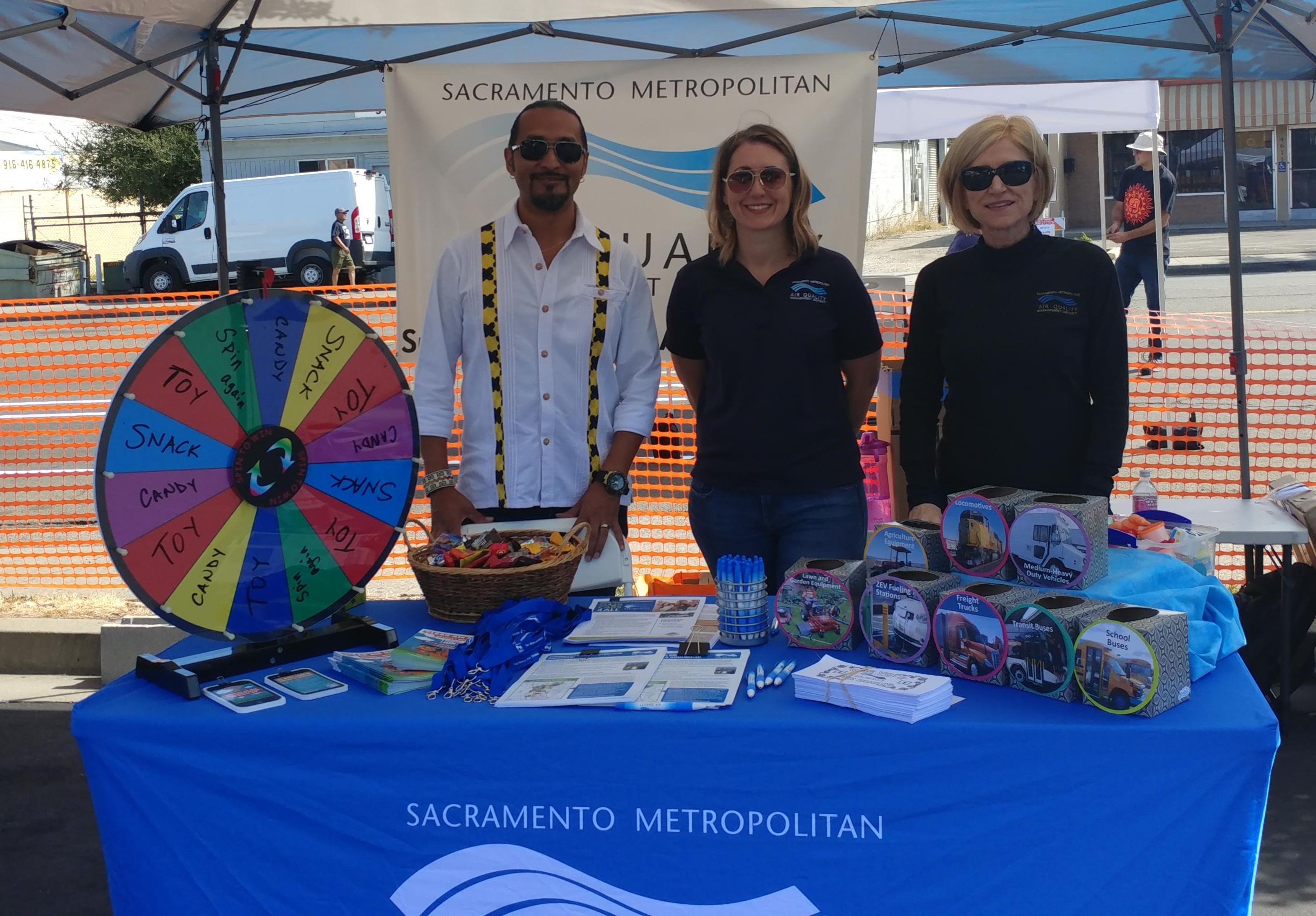 All project types funded with Community Air Protection (CAP) Incentives must have community support. The Sac Metro Air District is reaching out to our community and residents to ask their opinion on what they feel is impacting the quality of the air they breathe in their neighborhood. Our information-gathering activity results are opinion-based and have mostly centered around mobile air pollution sources due to current programs available and CAP Incentive guidelines.
All project types funded with Community Air Protection (CAP) Incentives must have community support. The Sac Metro Air District is reaching out to our community and residents to ask their opinion on what they feel is impacting the quality of the air they breathe in their neighborhood. Our information-gathering activity results are opinion-based and have mostly centered around mobile air pollution sources due to current programs available and CAP Incentive guidelines.

So far, the feedback from residents shows that the following are top-priority projects for our communities:
-
School Buses
-
Heavy Duty Trucks (big rigs, trash trucks, etc.)
-
Improving access to electric charging stations
-
Removing gas-powered lawn and garden equipment
